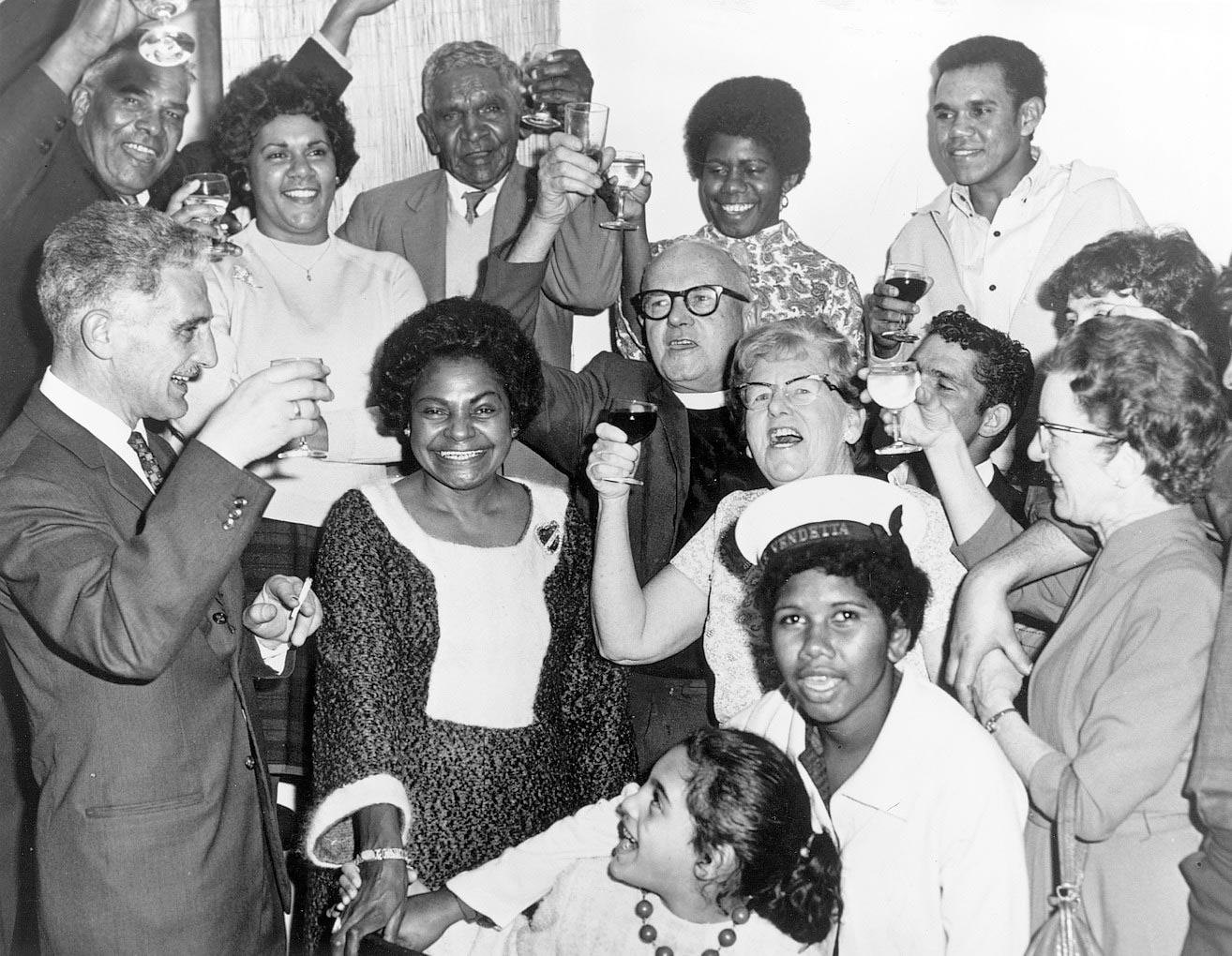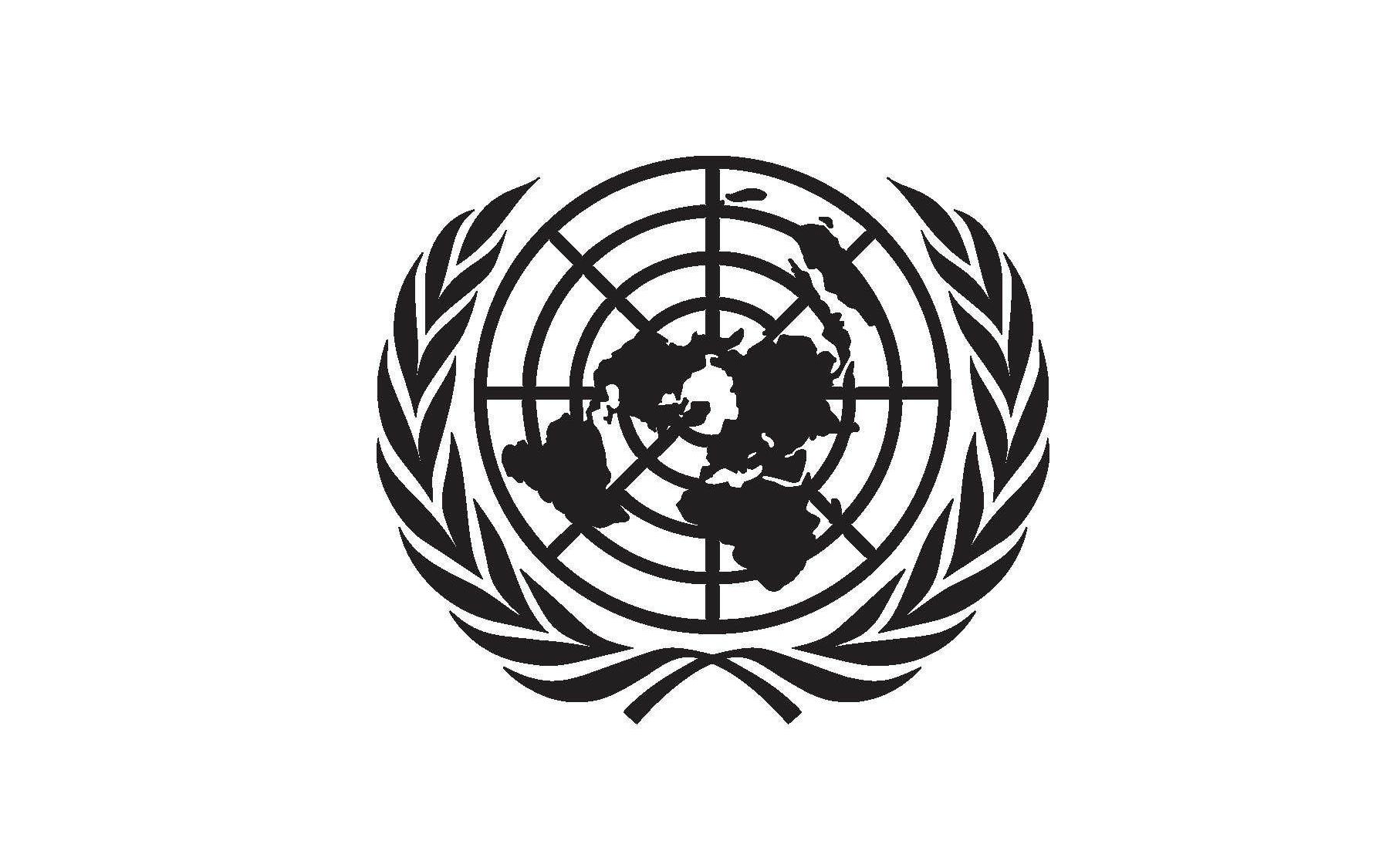Learning module:
Rights and freedoms Defining Moments, 1945–present
Bringing it together
Reflections and class discussion

1. Now you have looked at each of the Defining Moments, think about how each has impacted on the development of Aboriginal and Torres Strait Islander people’s rights: has it helped it, obstructed it and/or opened up new areas and possibilities?
| Year | Defining Moment | Helps rights and freedoms | Obstructs rights and freedoms | Opens up new areas and possibilities for rights and freedoms |
|---|---|---|---|---|
| 1948 | United Nations Universal Declaration of Human Rights | |||
| 1949 | Nationality and Citizenship Act | |||
| 1956 | First nuclear weapons test by British at Maralinga | |||
| 1959 | Social Services Act | |||
| 1962 | Aboriginal and Torres Strait Islander Australians’ right to vote | |||
| 1963 | Yirrkala bark petitions | |||
| 1965 | Freedom Ride | |||
| 1966 | Gurindji strike (Wave Hill Walk-Off) | |||
| 1967 | Indigenous Referendum | |||
| 1968 | Equal wages decision | |||
| 1972 | Aboriginal Tent Embassy | |||
| 1975 | Racial Discrimination Act | |||
| 1976 | Aboriginal Land Rights (Northern Territory) Act | |||
| 1979 | Noonkanbah blockade | |||
| 1985 | Uluru handback | |||
| 1988 | Opening of the new Parliament House | |||
| 1991 | Royal Commission into Aboriginal Deaths in Custody | |||
| 1992 | Mabo High Court decision | |||
| 1993 | Native Title Act | |||
| 1997 | Bringing Them Home report (Stolen Generations) | |||
| 2000 | Walk for Reconciliation across Sydney Harbour Bridge | |||
| 2004 | Palm Island death in custody and riot | |||
| 2005 | Abolition of the Aboriginal and Torres Strait Islander Commission (ATSIC) | |||
| 2007 | Northern Territory National Emergency Response | |||
| 2008 | National Apology to the Stolen Generations | |||
| 2009 | United Nations declaration on the Rights of Indigenous Peoples | |||
| 2017 | Uluru Statement from the Heart |
2. Which three of the 27 Aboriginal and Torres Strait Islander rights related events in this learning module do you think have been the most influential in helping improve the lives of Aboriginal and Torres Strait Islander people? Explain your reasons.
3. Share your top three events with the other students in the class. Which of the Aboriginal and Torres Strait Islander rights events can the whole class agree have been the most influential in improving the situation of Aboriginal and Torres Strait Islander people? If an agreement cannot be reached, explain why.
4. Are there other Aboriginal and Torres Strait Islander rights that are yet to be achieved? If so, could any of these become future Defining Moments in Australian history?








